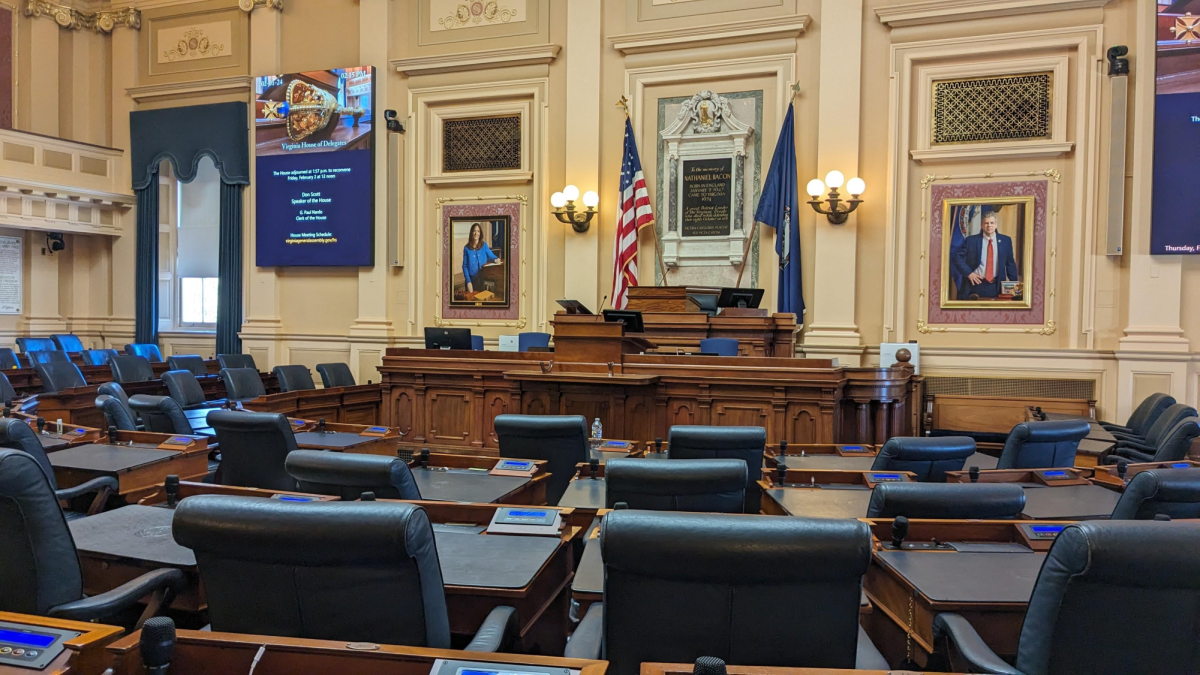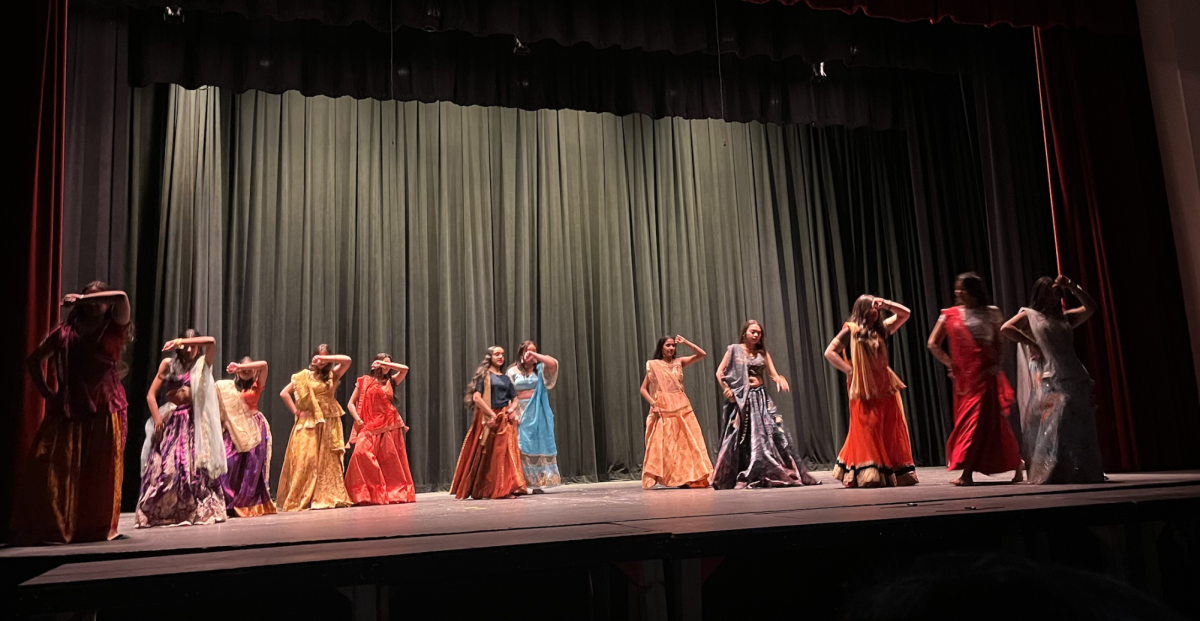No less than 2200 bills were introduced in the Virginia General Assembly in 2024, nearly 20 percent more than the previous year. However, as these bills find their way through the General Assembly, they will eventually arrive at the Governor’s desk. Now, the General Assembly has received all the decisions that the governor has made with bills and whether or not to go along with them.
In Virginia, the governor can either sign, amend or veto the bills. Many bills that affect the McLean community and students have passed such as a bill that limits legacy admissions and a bill made by McLean students that incorporates allergy awareness training into the curriculum. After the end of the regular session comes the reconvened session, which started on April 17, where bills that have been sent back for amendment or vetoed will undergo review. The general assembly can either approve these changes or reject them.
Many of the bills that the governor has vetoed and amended are ones that focus on controversial partisan issues such as gun control, marijuana and the minimum wage.
“I don’t plan on signing that bill [which legalizes retail marijuana],” Youngkin said. “I had somebody ask me if I was going to sign. Anybody who thinks I’m going to sign that legislation must have been smoking something.”
Youngkin’s response is a consequence of the Democratic Party possessing a slight majority in the general assembly. As a result, bills sponsored by Democratic representatives often made their way through the general assembly, only to get vetoed by the governor, who is Republican. This also means that bills authored by Republican representatives which deal with partisan issues were unable to pass the general assembly, dying in committee due to the slight Democratic majority.
The current makeup of the general assembly also makes it unlikely that the governor’s vetoes will be overruled. In the House, 51 out of 100 members are Democratic, while in the Senate, 21 out of 40 members are Democratic. The Constitution of Virginia dictates that to overrule the governor’s veto, a two-thirds majority vote must be reached in both the House and Senate. The almost even split of Democratic and Republicans legislators means that any veto will stand as there are not enough representatives to overturn it.
Furthermore, amendments that have been sent back by the governor are often rejected by a slim majority, as passing an amendment requires a majority vote from both houses, something that the Republican party does not have.
However, the general assembly was still able to pass bipartisan legislation that was signed by the governor. These include bills such as SB 469, targeted at combating the fentanyl crisis and SB 7, which extends anti-discrimination protections and increases the penalty for hate crimes.
“By signing this legislation [on fentanyl], we are more resolved, more emboldened, more unified and more focused than ever before to ensure no more Virginians die as a result of this fentanyl epidemic,” said Youngkin.
The general assembly also is tasked with working on the budget, which has had its timeline extended. On April 17, the House voted unanimously to reject the governor’s amendments as both parties agreed that more work was needed to reach an agreeable budget.
“I’m going to encourage my members to support the motion [to reject the amendments],” said House Minority Leader Todd Gilbert. “We have to find a clean way forward to dispatch this bill.”
As the House and Senate navigate the governor’s decisions, the next year’s legislative session is already on the horizon. Prefiling of bills for the 2025 legislative session will start on July 15, two weeks after when the bills signed for 2024 officially come into effect.
“Every piece of legislation I have had the honor to sign into law as Governor has necessarily been bipartisan,” Youngkin said. “I want to thank every member of the General Assembly for their service to the Commonwealth and look forward to their return to Richmond.”









